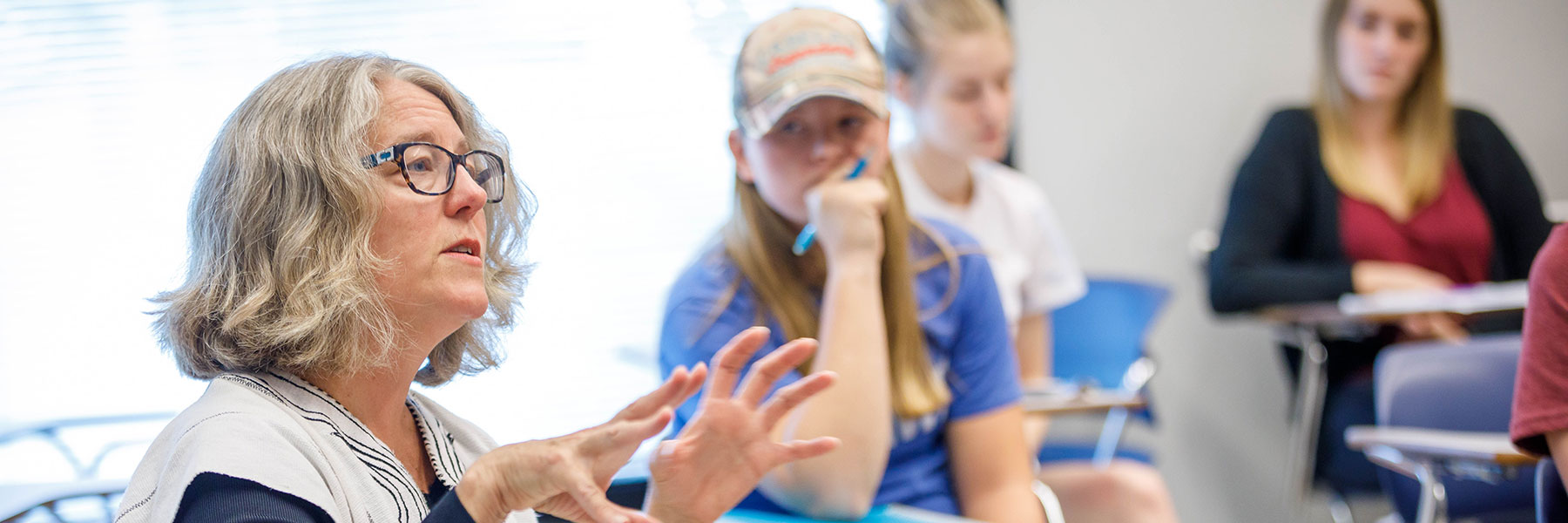Each year, the Office of Academic Affairs receives requests to contribute to various speakers and programs on campus. These requests come at different times of the year and for differing amounts. In the past, the Office has usually been able to contribute some monies to defray the costs of these events.
Because it is difficult to gauge how many groups will be asking for funding in any given year, the Office of Academic Affairs is instituting a more transparent, regularized policy for departments and groups requesting funding from Academic Affairs to defray the costs of their programs.
Beginning immediately, departments or groups requesting funds from Academic Affairs must:
- Submit a request in writing that specifically details the purpose of the program and the amount of funding requested;
- Describe how the program (speaker, conference, other event) advances a strategic goal of the campus;
- Describe efforts to secure funding from other sources and the amounts pledged/received.
The request should be no more than 1-1/2 pages in length.
Funds may be requested for up to $500. The final amount allocated will be dependent on the number of requests received and budgetary availability.
Requests for funding must be received by September 1 of the academic year in which the program will take place.
Funding requests should be forwarded to Linda Chen, via email, at Linda Chen.
This policy puts everyone on an even playing field with regards to funding requests to the Office of Academic Affairs. It will enable the Office of Academic Affairs to better budget for such requests and it will facilitate advanced planning by departments and groups for programs and events.


